|
Getting your Trinity Audio player ready...
|
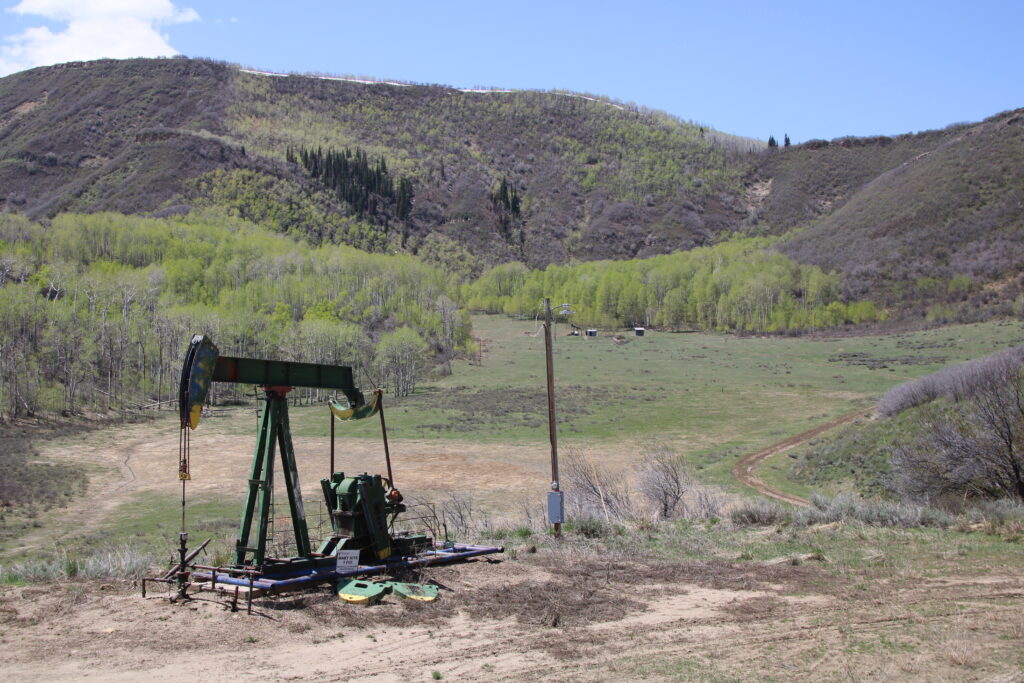
Last year, we celebrated the coordinated efforts of Larimer County and Colorado’s Energy and Carbon Management Commission (ECMC) to hold a chronic polluter – Prospect Energy – accountable for years of harm by revoking their license to operate in the state of Colorado.
This outcome followed years of evidence gathering with our optical gas imaging (OGI) camera and of community advocacy at the local and state level. It also followed years of harmful impacts that were suffered by those who had the misfortune of living in close proximity to one of Prospect Energy’s poorly maintained facilities.
With those facilities shut down and awaiting eventual plugging and cleanup, the immediate air quality impacts have been greatly reduced if not eliminated entirely in some cases. Although Prospect avoided significant fines with this arrangement, and the state is now responsible for cleaning up their facilities, the definitive benefit to the health and quality of life of local community members cannot be overstated.
We have deployed OGI cameras alongside frontline communities for more than a decade in an effort to hold oil and gas operators accountable for chronic pollution. Despite significant success in exposing air quality violations, dirty practices, and widespread negligence, we seldom see regulatory agencies take such action and communities win such a conclusive outcome.
For this reason, it is encouraging that the ECMC has proceeded to take similar action against additional operators that have routinely violated the state’s rules:
Stepping Up Enforcement
Early this year, ECMC staff recommended that KT Resources, which owns a little over a hundred low-producing wells in Northwest Colorado, should have its license revoked after accumulating dozens of violations in a two year period and failing to make financial assurance payments. We have surveyed only a handful of these facilities and yet have shared numerous observations of possible violations of air quality regulations with the Air Pollution Control Division from even that small sample, including observations of uncontrolled venting from a gas plant owned by KT Resources.
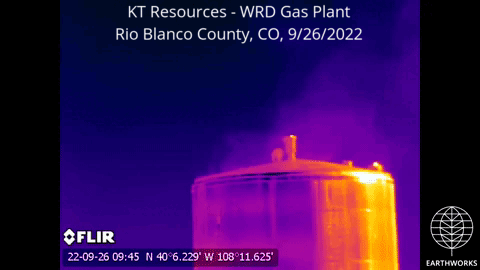
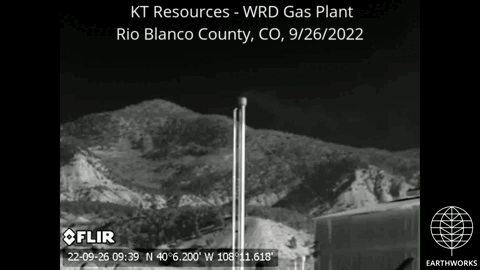
The wells owned by KT Resources have passed from operator to operator over the years and are likely a greater source of potential pollution than production at this point. Allowing operators to operate wells that are generating little profit while polluting the environment and shirking rules to avoid the cost of maintenance and cleanup is an all too common state of affairs. In this case at least, the state is stepping in to demonstrate that the status quo is unacceptable.
More recently, the ECMC revoked the license of another operator, Phoenix Resources, for similarly accumulating over $1 million in fines. Phoenix Resources only owned a little over a dozen wells in Colorado and yet, if our limited observations are any indication, these aging, poorly maintained wells were also likely chronic sources of air pollution.
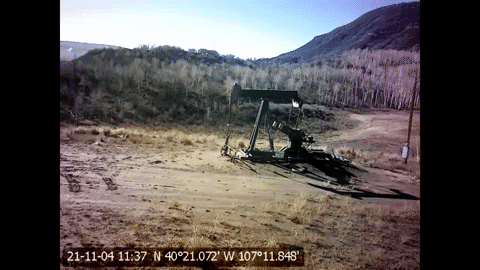
Tip of the Iceberg
In total, these three operators only account for a few hundred wells in a state with over 46,000 active wells. Despite this small footprint, these operators still collectively racked up millions of dollars in fines for violating regulations – millions of dollars that these operators were unable or unwilling to pay and were unlikely to be able to generate from operating their low-producing wells. Even worse, the cost to clean up their few hundred wells will likely amount to an even larger sum in the tens of millions, and that cost will fall on the state of Colorado.
This is not an ideal situation, especially because these operators represent just the tip of a much larger iceberg looming beneath the glossy surface of sky-high oil and gas industry profits. Everywhere we work – from Colorado and New Mexico to Pennsylvania – we uncover the toxic legacy that is left behind long after the profits have dried up:
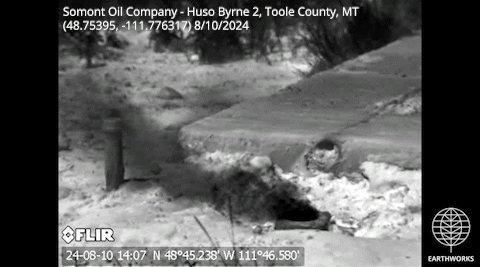
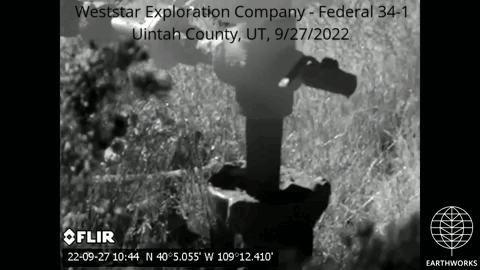
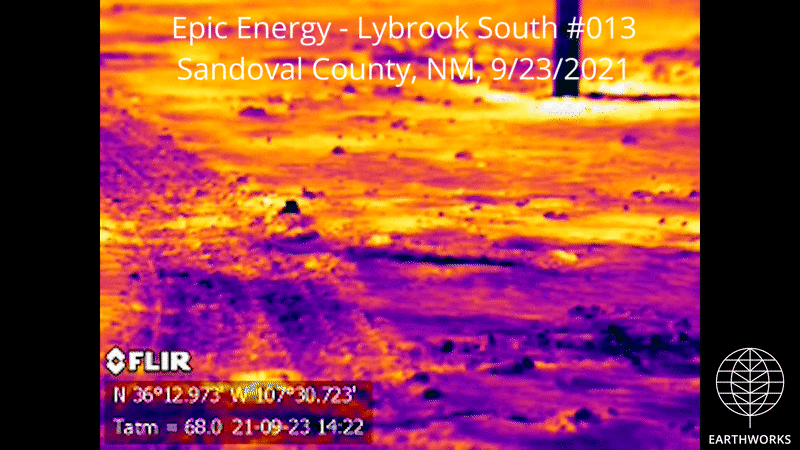
Everywhere, the story is the same. So is the pollution.
Colorado is taking important steps to start holding operators accountable for the messes they create. Thus far however, these steps primarily serve to expose a much larger problem that is generations in the making and that the state has not yet solved. A report last year by Carbon Tracker highlights significant issues with the state’s newly revised financial assurances framework that may result in operators continuing to offload polluting wells onto the state for cleanup.
And Colorado is not alone.
Earthworks and our partners are pushing for states with even larger numbers of wells, like Pennsylvania and New Mexico, to take action and require more bonding for these wells so that communities are not ultimately left footing the bill.
In other words, in Colorado, and in every place we work, state officials are still only scratching the ugly surface of a problem that could impact communities for generations to come. There is still a lot of work to do to make sure communities are protected from the toxic legacy of the industry and to ensure that the responsibility for cleaning up that legacy does not fall on those same communities.

